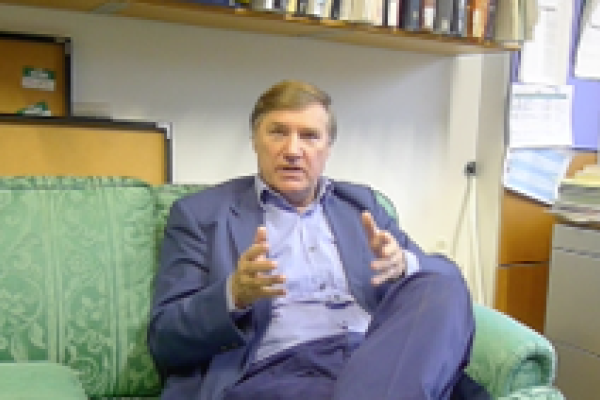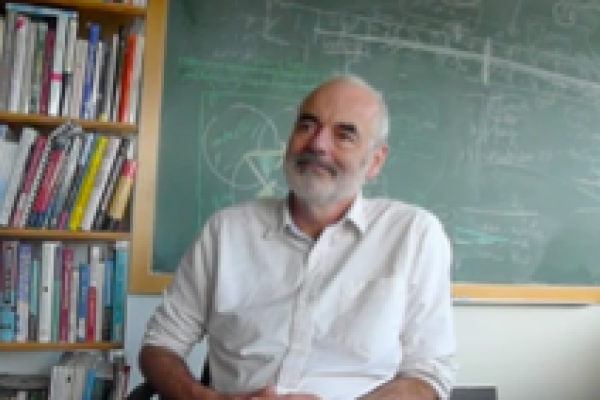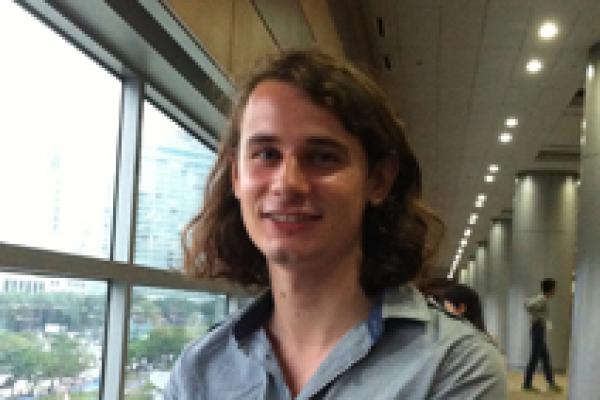Podcast

The ICM 2022: The podcast
We talk to two of the organisers of the ICM 2022, which will take place in St Petersburg.
Our Maths on the Move podcast brings you the latest news from the world of maths, plus interviews and discussions with leading mathematicians and scientists about the maths that is changing our lives. Hosted by Plus editors Rachel Thomas and Marianne Freiberger.
Find all of our podcasts, from the latest back to the very first in 2007!





